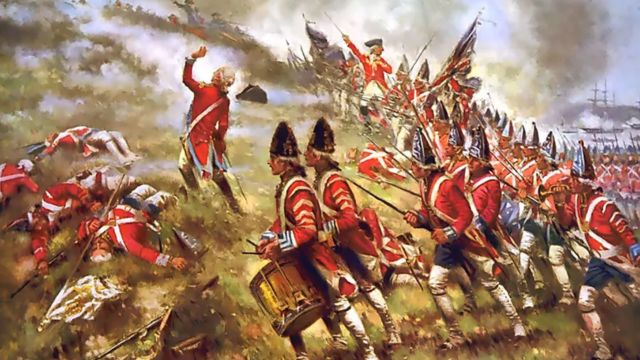MARYLAND: Presidents Day is primarily commemorated in honor of George Washington and Abraham Lincoln. For their actions during the Revolutionary and Civil Wars, Washington and Lincoln are widely recognized.
In addition to being crucial to both conflicts, Maryland’s Eastern Shore also found itself in a contentious position with regard to its allegiance to the federal government.
Because of the grains that were utilized to feed the Continental Army during the American Revolution, historians have referred to the Eastern Shore as the “bread basket of the American Revolution.”
In charge of this army was George Washington, who even constructed the quote “famous” Maryland line and urged Maryland men to aid in the withdrawal from the Battle of Long Island.
According to Salisbury University historian Tim Robinson, “they held off a numerically superior British force while George Washington was able to have an orderly retreat from the battlefield.” The majority of those Maryland soldiers were consequently apprehended and held prisoner by the British.
According to Robinson, the soldiers from Maryland had a reputation for being courageous and strong in combat. Washington’s personal notebook entries reveal that he frequently requested food, labor, and ships from the shore, but he also expressed doubts about his allegiance.
According to Robinson, “there were loyalists from the Eastern Shore during the Revolutionary War, just as there were loyalists throughout Maryland as a whole.” At the end of the war, many people also lost their money and their authority.
In a time of war, Washington was not the first President to doubt the Shore’s allegiance. According to Robinson, “there was concern that Maryland would secede from the union and that Lincoln would really take some very harsh measures to keep Maryland in the union.”
According to Robinson, Lincoln even dispatched a small garrison of union soldiers to Salisbury in order to maintain contact with the residents and ensure that things would not get out of control. “I think that would be defined as a heavy hand anytime you are sending federal troops to an area to make sure everyone is in line and pacified,” he stated.
Lincoln even put the Eastern Shore under martial law-like conditions by suspending the state of Maryland’s Habeas Corpus. “Basically for a good portion of the war, he threw editors and politicians who supported the Confederacy in jail to try to keep them quiet,” Robinson claimed.
Robinson added that Lincoln was wary of upsetting states like Maryland because he thought they may break away from the union. At the time, he permitted Maryland to be freed from the slavery-outlawing Emancipation Proclamation.
Not just Maryland was spared from the emancipation proclamation in order to maintain its union-membership. The other states are Delaware, Kentucky, and Missouri; with almost a million slaves who were held in chains until the end of the Civil War, these states add to the controversy surrounding Lincoln’s political or abolitionist views.




